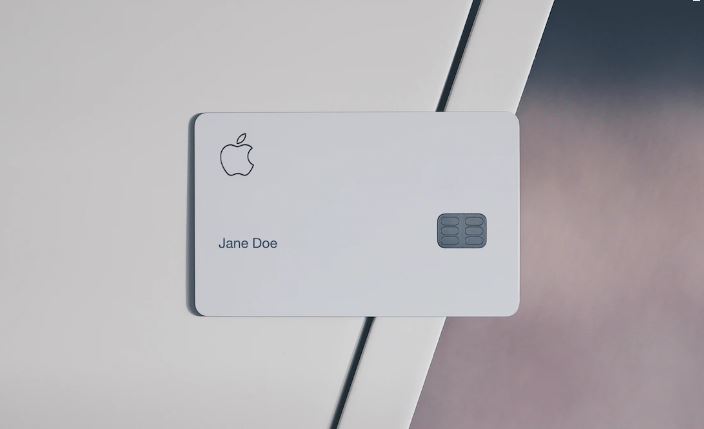Ghana’s credit card usage is still astonishingly low, despite the global increase in digital payments and financial technology. Ghanaian customers still mostly use cash and mobile money, even though nations like the US, Canada, and the UK have adopted credit cards as their main method of payment. This trend is caused by a number of variables, including cultural preferences, financial infrastructure constraints, and economic situations.
1. Limited Credit Card Penetration by Banks
The scarcity of bank-issued credit cards is one of the main causes of Ghana’s low credit card adoption rate. Many Ghanaian banks prioritize mobile money solutions above credit cards while concentrating on traditional banking services like current and savings accounts. Less than 10% of Ghanaian bank account holders possess a credit card, according to the Bank of Ghana. source.
2. Preference for Mobile Money
Ghanaian financial transactions have been transformed by mobile money. Customers don’t need a bank account to send and receive money, pay for goods and services, or even take out microloans thanks to platforms like MTN Mobile Money (MoMo), Vodafone Cash, and AirtelTigo Money. Credit cards are no longer necessary due to the convenience, accessibility, and broad acceptance of mobile money services. With more than 18 million active accounts as of 2023, mobile money was Ghana’s most popular financial tool. source.
3. Lack of Credit Culture and Awareness
Ghana does not have a strong credit culture, in contrast to Western nations where credit history and credit scores are important factors in financial decision-making. Direct cash transactions are preferred by many customers and businesses over accruing debt. Furthermore, a sizable section of the populace is ignorant of the advantages of credit cards, including the ability to establish a credit history, accrue incentives, and prevent fraud.
4. High Interest Rates and Fees
Ghanaian credit cards are less appealing due to their high yearly fees and interest rates. Interest rates can surpass 30% annually, and many banks charge annual fees between GHS 100 and GHS 500. These fees discourage people from using credit cards, particularly when there are cheaper rates for other payment options like debit cards and mobile money.
5. Strict Eligibility Requirements
Credit card issuance by Ghanaian banks is subject to stringent eligibility requirements. In certain situations, customers must have collateral, a steady income, and a solid banking history. Many Ghanaian workers fail to achieve these requirements because they labor in the informal sector and get inconsistent wages. Because of this, many people are unable to obtain credit facilities.
6. Fraud Concerns and Security Issues
Many Ghanaians avoid credit cards due to concerns about fraud and cybercrime. Although banks implement security measures such as EMV chips and OTP verification, cases of online fraud and unauthorized transactions discourage adoption. According to Ghana’s Cyber Security Authority, financial fraud cases involving digital payments have been on the rise, reinforcing consumer distrust in credit card usage source.
7. Limited Merchant Acceptance
In Ghana, local establishments do not generally take credit cards, in contrast to debit cards and mobile money. Because they offer instant access to funds and reduced transaction fees, cash or mobile money payments are preferred by many small and medium-sized businesses (SMEs). Credit cards are less useful for everyday transactions because they are only accepted at large hotels, foreign stores, and luxury dining establishments, even in cities like Accra and Kumasi.
8. Fear of Debt and Financial Discipline
The culture of Ghanaians is mainly one of debt avoidance. Instead of seeing credit cards as a financial tool, many customers see them as a debt trap. People are deterred from using credit cards by the worry that they may overspend and accrue high-interest debt. Furthermore, many people still struggle with financial literacy and do not completely comprehend how to responsibly manage credit.
9. Low Internet Penetration and E-commerce Growth
In many countries, credit cards are widely used for online shopping and e-commerce. However, Ghana’s e-commerce industry is still developing. Many consumers still prefer cash-on-delivery (COD) options due to trust issues with online transactions. Additionally, internet penetration, although improving, still limits widespread digital financial adoption, further reducing the demand for credit cards.
Conclusion
Limited banking penetration, cultural attitudes, high costs, security concerns, and the prevalence of mobile money are the main causes of Ghana’s low credit card usage. Despite the fact that credit cards have benefits like establishing credit history and making foreign transactions easier, Ghana’s distinct financial environment has prevented them from becoming widely used.
Banks must lower interest rates, streamline eligibility standards, and instruct customers on prudent credit use if they hope to see a rise in the use of credit cards. Furthermore, increasing merchants’ acceptance of credit cards and enhancing cybersecurity protocols may contribute to increased system confidence. Until then, Ghana’s financial industry will still be dominated by mobile money.
